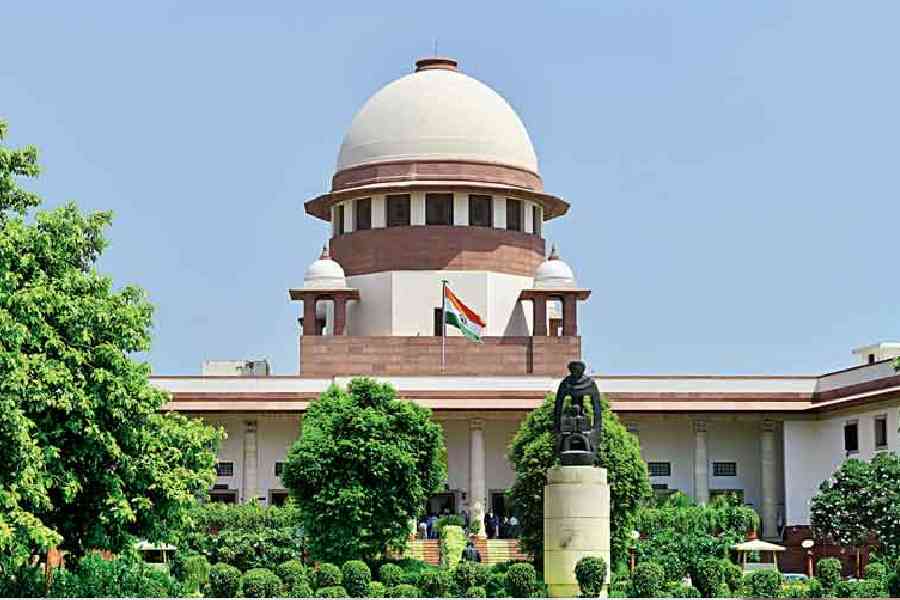The Tamil Nadu government has told the Supreme Court that anti-conversion laws are prone to misuse against the minorities and that people should be at liberty to practice the religion of their choice.
According to Tamil Nadu, although several states have enacted anti-conversion laws, there is no data to prove that people have been convicted by courts for indulging in religious conversions through coercion, deception, allurement and intimidation.
“The anti-conversion laws are prone to misuse against minorities and there is no data on convictions under the various anti-conversions laws of the states…. It is most respectfully submitted that the citizens are at liberty to choose the religion they want to follow,” Tamil Nadu stated in a recent affidavit.
The state cited the apex court ruling by a nine-judge bench in the Justice (retd) K.S. Puttaswamy & others vs UoI case, wherein the constitution bench had upheld the citizens' right to privacy as part of the fundamental rights.
Tamil Nadu has filed the affidavit in response to a notice issued by the apex court on the plea of advocate Ashwini Upadhyay seeking a direction to the National Investigation Agency/Central Bureau of Investigation and/ or the National Human Rights Commission/National Commission of Protection of Child Rights to investigate the root cause of the death of 17-year old Lavanya, who last year purportedly committed suicide in Thanjavur allegedly due to forcible conversion by a missionary school.
Upadhyay has also sought that fraudulent religious conversion and religious conversion by intimidation, threat, deceit and luring through gifts and monetary benefits be declared unconstitutional. The petitioner wants the top court to direct the Centre and the states to take stringent steps to control fraudulent and forcible religious conversion, besides asking the Law Commission of India to prepare a report as well as a bill to control such conversions.
Denying the allegation that Lavanya committed suicide due to alleged forcible conversion, the Tamil Nadu government pleaded that the matter is already being investigated by the CBI. The state government pointed out that the petitioner was a BJP member and was making false allegations to suit the party’s interests.
“Conversion of poor people to other religions by intimidating, threatening, deceivingly, luring through gifts and also by using black magic and superstition are not reported in Tami Nadu," the state said.










